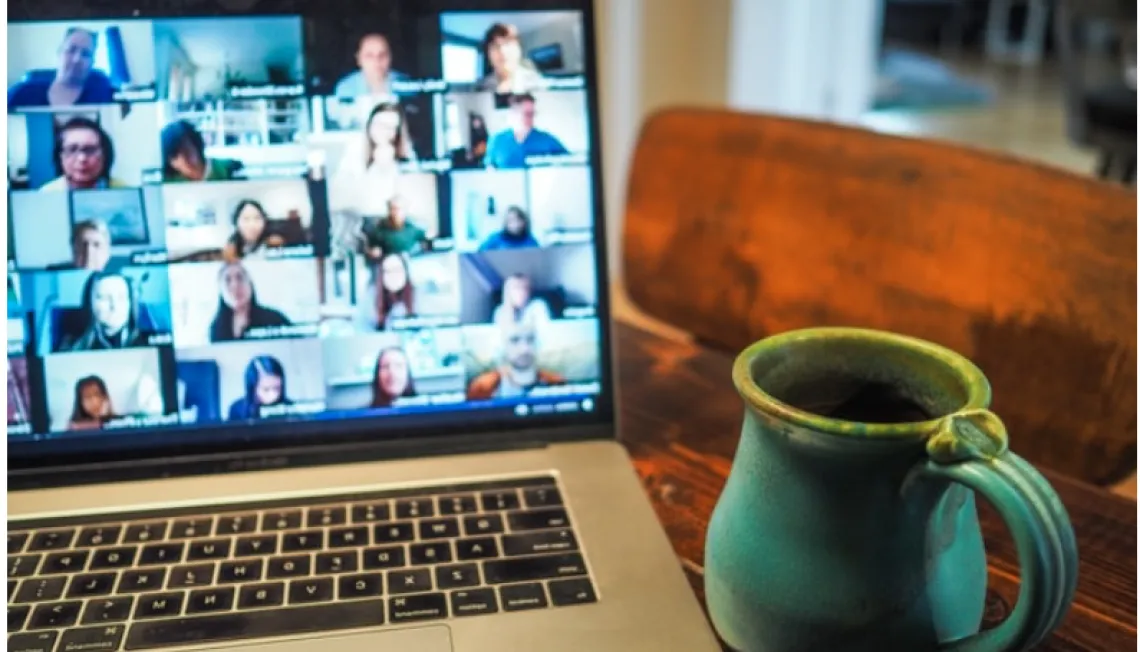We spoke with Laura North, Domestic Abuse Services Manager, about this innovative service.
What inspired this service?
Prior to the My Ally (MA) service, the relationship and domestic abuse support services within Watford Women’s Centre (WWC) comprised of two domestic abuse support workers offering face to face and telephone appointments and supporting women on a one-to-one basis.
However, WWC wanted to expand this service so that they could continue to provide practical and emotional support on a widespread level as well as provide support to women during different stages of their journey. For example, if a woman is struggling in their relationship but doesn’t identify with domestic abuse (DA) then where would they go? Despite WWC providing DA awareness courses and counselling, a service was needed for when women simply needed someone to talk to outside of such services whether it be before, during, or after. As a result, MA was created with Laura’s initial role being to set up this service and she has since been with WWC for two years.
About MA
Funding
MA is funded by the National Lottery Community Fund until September 2023 and does not include any area restrictions. Despite WWC being in Hertfordshire, MA has supported women from Belfast, Nottingham and even as far as Scotland.
Team
The service is run by trained female volunteers who have experienced domestic abuse. They generally have two to three volunteers who are on the end of the phones at any one time during their opening hours. The volunteers are all trained in active listening and basic safeguarding which includes an intensive four-week training course.
During a call
There are no time limits when taking a call: woman can choose to spend 20 minutes having a conversation or two and a half hours. The women may call up and say that they are struggling in their relationship or not getting on with their partner. The volunteer will then ask them to describe a recent situation with their partner. By speaking to the volunteers about the relationship, women can come to realise that they are experiencing abuse and it may be the first time that they have heard this. This can be an eye-opening experience for the women, and they may not require any more support. However, some women may use MA again a few weeks later and build a rapport with the volunteers which can lead to an appointment with a domestic abuse specialist.
Open cases
The service never closes cases with a woman. They instead record the necessary information and advise them that they can call back if they ever require any additional support. There are also many referral pathways that they can signpost to. It is important to note that this is not a crisis service nor is it suitable for high-risk cases however WWC can signpost to agencies that are more appropriate.
Other services provided by WWC
- The WWC works closely with their legal partners who can offer any advice on family law and immigration and so, women are regularly referred to free legal appointments.
- They also have a long-term counselling service which is low-cost and spans over a year.
- They provide a DA awareness and personal development programme that has been designed by WWC and is known as My Life. This is a 12-week programme that consists of no more than 14 women and is led by two trained female facilitators. This programme is for women who are leaving their relationships or who have already left. You can read more about this programme here on WWC’s website.
- Personal development courses which include reducing stress, yoga, managing anxiety, etc.
- Educational courses such as ESOL as well as IT courses.
- On Wednesdays, there is also a MA weekly Zoom support group. It is run by two volunteers and takes place from 7.30 to 8.30 pm. The group is for women to come together and includes a check-in as well as an activity created by the volunteers. Anyone can access it as the zoom link is public and women do not have to have their cameras on and are encouraged to change their names for privacy. However, as a safeguarding measure, if a new person joins then a volunteer will take them into a breakout room and ask them to turn their camera on for a moment so that they can check that the service user is a woman and not in any immediate danger.
Evaluation
A portion of the funding was originally set aside for a participatory evaluation but due to extra costs during the pandemic, this is no longer available. Instead, WWC undertakes six-monthly monitoring reports for the National Lottery. They also capture three to four case studies a month as well as anonymous feedback forms for the women to complete.
If you would like to learn more about My Ally, then please send an enquiry to ally@watfordwomenscentre.org.uk.
This case study was compiled by Maysa Clam in 2022.
